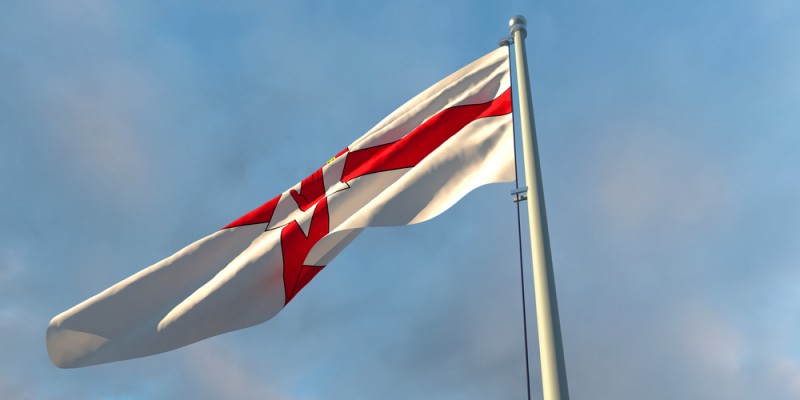
As of 1st January 2021, Northern Ireland is operating different customs regulations than the rest of the UK as due to the Irish Sea border it remains in the EU single market for goods. This means that GB businesses will be subject to declarations and checks on goods entering the EU.
Some supermarkets are experiencing disruption to supply chains because of the new regulations and there have been reports of shortages of some products. This is said to be due to the difficulty businesses are having adapting to the new rules as well as the coronavirus pandemic causing delays.
In this new trading situation, how can your business best prepare?
Before you move goods
There are certain steps you will need to take while preparing to move goods in or out of Northern Ireland.
•If you are moving goods between Northern Ireland and non-EU countries (including Great Britain), you will need an EORI number that starts with XI. You can apply for this here.
•A Trader Support Service is available which you can sign up to. This will guide you through the changes to the way goods move between Great Britain and Northern Ireland.
•To ensure trade runs smoothly, you will need to complete customs declarations accurately, including the correct commodity codes. This process requires specific training as it can be complex and time consuming. You can register your interest for ChamberCustoms, a service for importers and exporters led by the experienced International Trade team at Business West, which will ensure that customs clearance is accurate, timely and avoids costs through delays or errors.
•It is possible to delay paying customs duties via a duty deferment account. This could make the process smoother for you while you get used to the news rules.
Bringing goods into Northern Ireland from Great Britain or the EU
The Northern Ireland Protocol agreed between the EU and the UK in October 2019, which is designed to avoid customs tariffs, declarations, and customs controls, outlines that goods leaving Great Britain which are not considered to be at risk of entering the EU’s single market will not need to pay tariffs. However, goods that are deemed to be at risk will be subject to them.
When bringing goods into Northern Ireland from Great Britain, you will not be liable to pay duty if you are:
•able to claim a preferential rate of duty under the Trade and Cooperation Agreement between the UK and EU.
•authorised under the UK Trader Scheme and declare that your goods are not ‘at risk’ of onward movement to the EU.
•eligible to claim a waiver on the duty up to specified limits.
Be aware of new regulations and certification requirements.
When exporting goods to Northern Ireland, there are now new rules and regulations around different goods that companies need to adhere to.
You will need an export health certificate (EHC) to export live animals and if you are moving composite food products.
Keep up to date
While businesses are now faced with uncertainty regarding their future due to both the pandemic and new trade rules, there are ways companies can prepare to ensure trade with EU partners is as frictionless as possible. We are regularly updating our Trading Through Brexit hub, which offers a pool of resources and information to get you up to speed with the new rules.
- Log in to post comments
Trading Through Brexit
Access information directory & vital services to help businesses most impacted by Brexit, including Customs Declarations.